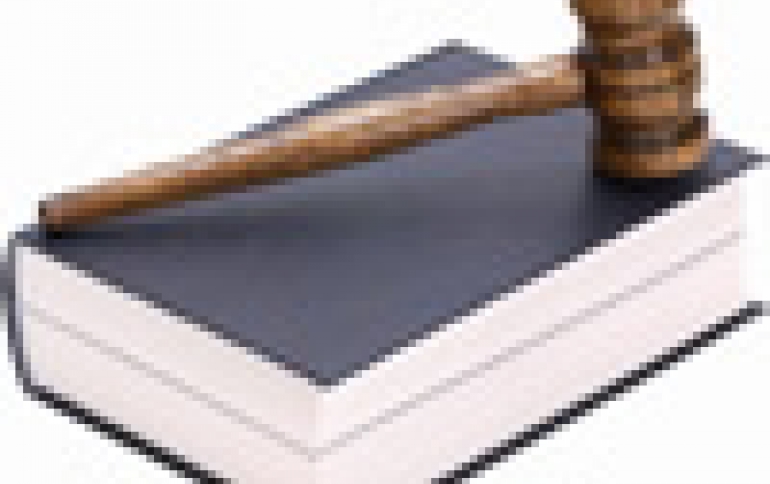
U.S. ITC TO Review Apple, Samsung Patent Case
The U.S. International Trade Commission said it would review a Septermber court decision which found that Apple did not violate patents owned by Samsung Electronics in making the iPod touch, iPhone and iPad.
The ITC instituted this investigation on
August 1, 2011, based on a complaint filed by Samsung Electronics against Apple.
On September 14, 2012, the administrative law judge issued his final initial determination in this investigation finding that Apple was innocent of violating the patents. The two standard essential patents in the complaint were related to 3G wireless technology and the format of data packets for high-speed transmission.
In a notice released on November 19, the ITC, which could have opted to simply uphold the judge's decision, said that it would take up the matter, with a final decision is expected in January.
The ITC also asked for briefings on how it should consider standard essential patents, which are normally expected to be licensed widely and on fair, reasonable and non-discriminatory terms.
If Apple is found to infringe, its devices can be banned for sale in the United States.
Apple and Samsung have taken their patent disputes to many different countries as they vie for market share in the mobile industry.
Apple won a victory in August when a U.S. jury found the South Korean firm had copied key features of the iPhone. Apple was awarded $1.05 billion in damages. That ruling is under appeal.
Apple has also filed another complaint against Samsung at the ITC, accusing Samsung of blatantly copying its iPhones and iPads. An ITC judge said in that case that Samsung infringed on four Apple patents. The full ITC will issue a final decision in February.
On September 14, 2012, the administrative law judge issued his final initial determination in this investigation finding that Apple was innocent of violating the patents. The two standard essential patents in the complaint were related to 3G wireless technology and the format of data packets for high-speed transmission.
In a notice released on November 19, the ITC, which could have opted to simply uphold the judge's decision, said that it would take up the matter, with a final decision is expected in January.
The ITC also asked for briefings on how it should consider standard essential patents, which are normally expected to be licensed widely and on fair, reasonable and non-discriminatory terms.
If Apple is found to infringe, its devices can be banned for sale in the United States.
Apple and Samsung have taken their patent disputes to many different countries as they vie for market share in the mobile industry.
Apple won a victory in August when a U.S. jury found the South Korean firm had copied key features of the iPhone. Apple was awarded $1.05 billion in damages. That ruling is under appeal.
Apple has also filed another complaint against Samsung at the ITC, accusing Samsung of blatantly copying its iPhones and iPads. An ITC judge said in that case that Samsung infringed on four Apple patents. The full ITC will issue a final decision in February.





















